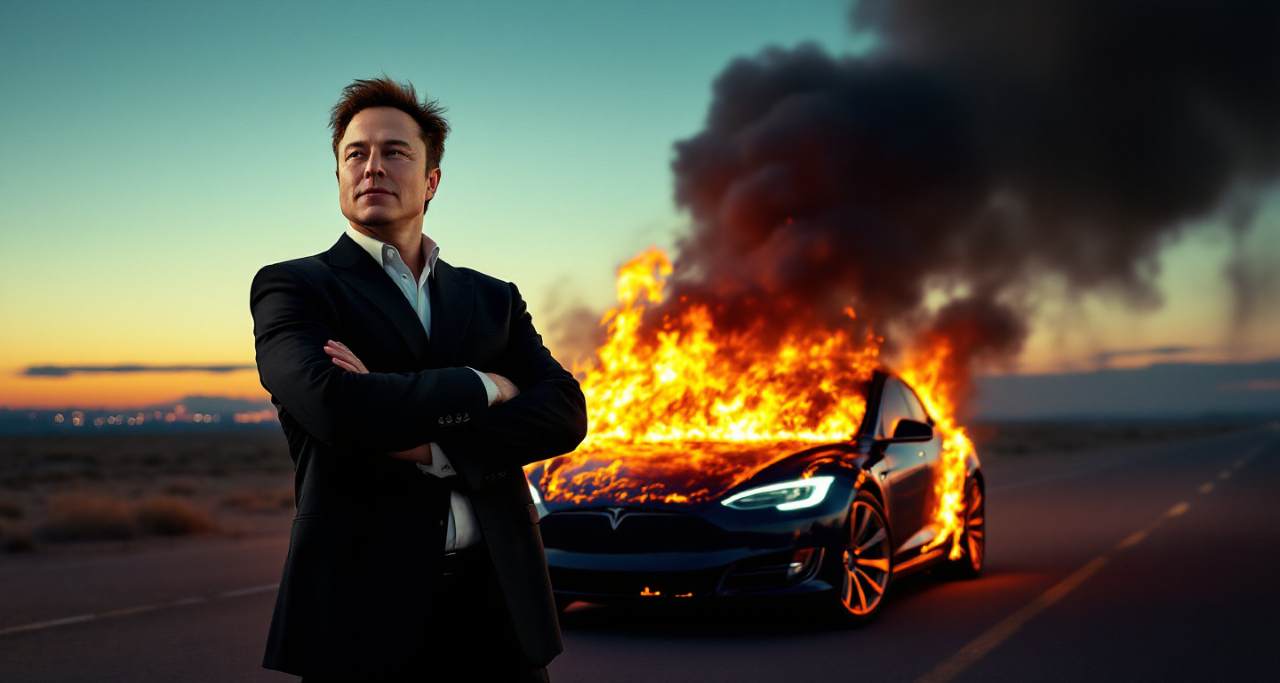
In a move that has drawn both admiration and outrage, Elon Musk has poured $20 million into Wisconsin’s Supreme Court race, transforming what is typically a state-level judicial election into a national spectacle.
The stakes are high, with the ideological balance of the court hanging in the balance and potential ripple effects on issues ranging from abortion rights to congressional redistricting. Musk’s involvement has sparked a fierce debate about the role of billionaires in American democracy and the future of judicial elections.
A Billionaire’s Bet on the Courts
Musk’s financial backing is aimed at supporting conservative candidate Brad Schimel, a former attorney general, against liberal candidate Susan Crawford. The race, officially nonpartisan, has become a proxy battle between Republican and Democratic-aligned interests. Musk’s America PAC, which played a significant role in Donald Trump’s 2024 presidential campaign, has funneled millions into Schimel’s campaign, funding door-to-door canvassing, television ads, and even cash giveaways to voters.
At a rally in Green Bay on Sunday, Musk handed out $1 million checks to two Wisconsin voters, a move that has drawn legal scrutiny. Wisconsin Attorney General Josh Kaul filed a lawsuit to block the giveaways, arguing they violated state laws prohibiting financial inducements to voters. However, the state’s Supreme Court declined to intervene, allowing Musk’s controversial strategy to proceed.
Why Wisconsin Matters
The Wisconsin Supreme Court race is about more than just state-level issues. The court is expected to rule on key cases involving abortion rights, voting laws, and congressional redistricting. With Wisconsin being a critical swing state, the court’s decisions could influence the 2028 presidential election and the balance of power in the U.S. House of Representatives.
Musk’s involvement in the race is not purely ideological. Tesla, his electric vehicle company, has a pending lawsuit against the state of Wisconsin over its law prohibiting car manufacturers from owning dealerships. This restriction forces Tesla customers in Wisconsin to purchase vehicles online and pick them up in neighboring states like Illinois or Minnesota. Musk’s lawsuit challenges this law, and the case is expected to eventually reach the Wisconsin Supreme Court. A conservative majority on the court could potentially favor Musk’s business interests, adding another layer of complexity to his involvement in the race.
Musk has framed the election in existential terms, claiming that a liberal victory could lead to “chaos” and undermine Republican efforts to maintain control of the House. His involvement has also raised questions about his personal interests, as Tesla’s legal battle could directly benefit from a favorable court ruling.
The Backlash
Musk’s unprecedented spending has drawn sharp criticism from Democrats and progressive groups, who accuse him of trying to “buy” the election. Crawford’s campaign has leaned into this narrative, branding Schimel as “Elon Schimel” and erecting billboards that read, “Don’t let Elon buy the Supreme Court.”
The controversy has also energized voters on both sides. A recent poll by SoCal Strategies showed Crawford leading Schimel 50% to 42%, but the race remains tight. Early voting has already begun, and turnout is expected to be high for a judicial election.
The Bigger Picture
Musk’s involvement in Wisconsin is part of a broader trend of billionaires exerting influence over American politics. From George Soros to the Koch brothers, wealthy individuals have long used their resources to shape elections and policy. However, Musk’s direct engagement—complete with rallies, cash giveaways, and a personal presence on the campaign trail—represents a new level of involvement.
Critics argue that such actions undermine the democratic process, turning elections into contests of financial might rather than public will. Supporters, however, see Musk as a visionary using his resources to fight for what he believes is right.
What’s Next?
The Wisconsin Supreme Court election, set for Tuesday, will be a bellwether for the role of money in politics and the future of judicial elections. Regardless of the outcome, Musk’s involvement has already reshaped the race, drawing national attention and raising the stakes for future contests.
As voters head to the polls, the question remains: Can democracy withstand the influence of billionaires, or is this the new normal in American politics?
